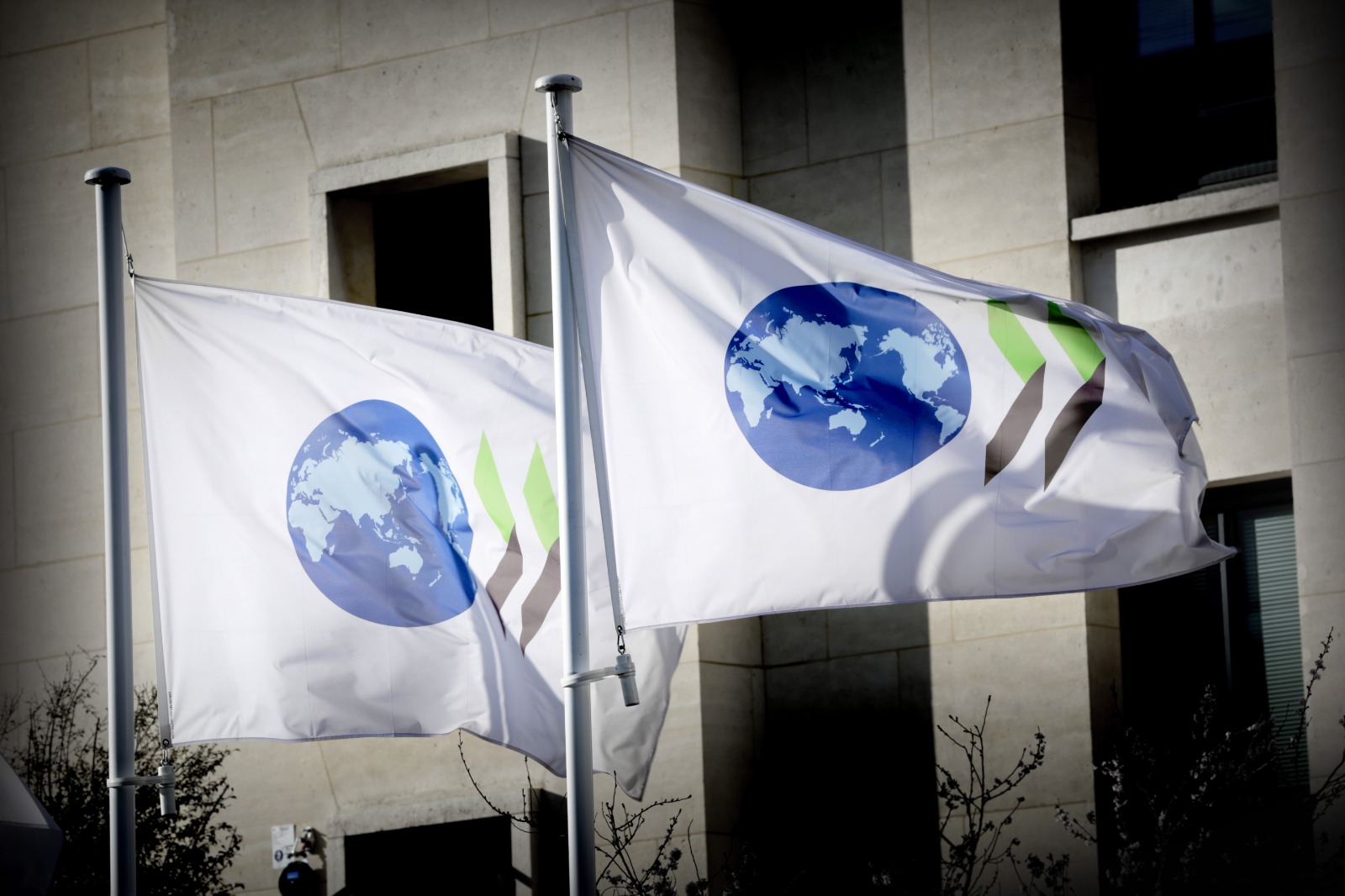The global economy will have a “significant but uneven” recovery this year, according to the Organisation for Economic Cooperation and Development (OECD), which upgraded its projections on Monday.
The world economy will grow by 5.75 per cent in 2021 and nearly 4.5 per cent in 2022, after its 3.5 per cent contraction in 2020, according to the organisation.
This represents a slight increase compared to its March forecast, when the forum estimated an expansion of 5.6 per cent in 2021.
However, despite its more optimistic outlook, the OECD also warned that parts of the world might lag behind in their recovery, as forecast are far from uniform.
In the words of Laurence Boone, OECD Chief Economist, “the world economy is currently navigating towards the recovery, with lots of frictions”.
As such, “the risk that sufficient post-pandemic growth is not achieved or widely shared is elevated”, he added.
Indeed, data has already shown that some parts of the world are accelerating ahead in terms of their economic recovery, with the EU economic recovery, for example, lagging behind the US in the first quarter of 2021.
The new OECD estimates are largely in line with those of the International Monetary Fund (IMF), which in April released its latest report, forecasting a slightly higher six per cent growth in 2021.
Like the OECD, the IMF also warned of “divergent recoveries”, with certain regions lagging behind.
Casting a shadow over its positive outlook, the OECD also warned that in many member countries, living standards would not return to the levels expected before the crisis.
Additionally, there is a particular threat posed by the changing nature of COVID, household savings and conditions in emerging markets and developing countries, according to the OECD.
The OECD also added that emerging and low-income countries were not receiving enough vaccines, exposing them to a “fundamental threat”.
Looking to the future, the OECD called for “stronger international efforts to provide low-income countries with the resources to vaccinate their populations for their own and global benefits”.
Advanced economies must maintain their current accommodative monetary policy, and a temporary overshooting of headline inflations should be allowed, as long as underlying prices pressures are contained, according to the organisation.
Globally, Governments spent $16 trillion in fiscal stimulus in 2020, backed by $9 trillion in monetary support from central banks, the OECD said.
European airlines push to cut compensation for delays under 5 hours
The regulation currently covers up to 3 hours of delay
KM Airlines abandons Catania schedule for winters
Flights will operate during peak summer months
Women driving innovation: 9 finalists could win big in the 2025 European Prize for Women Innovators
First launched in 2011, the European Prize for Women Innovators celebrates the women behind groundbreaking innovations






